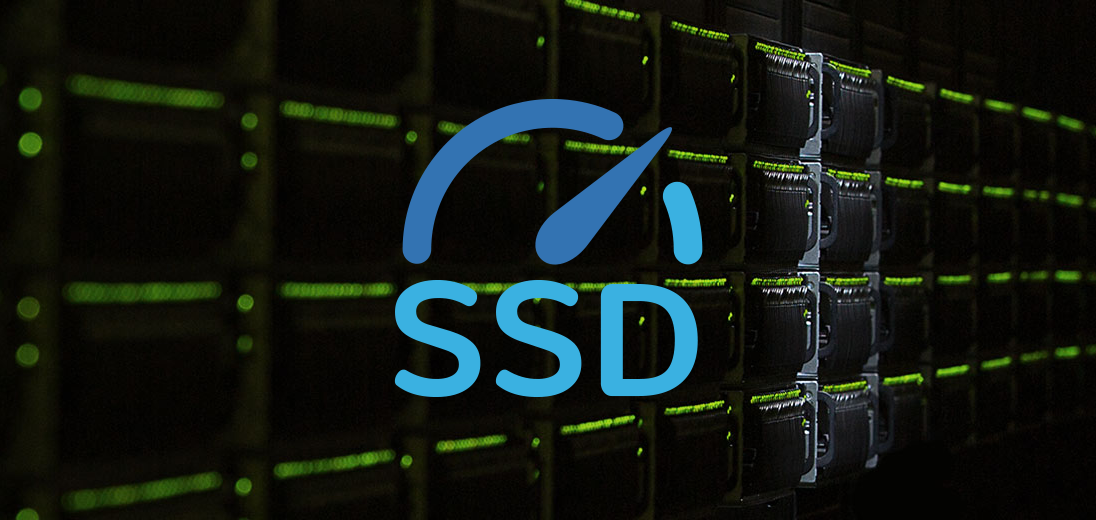
What is SSD Hosting?
SSD stands for Solid State Drive. Solid State Drive is the computer storage device with the newest technology. Unlike the traditional HDD storage, there is no moving component in the SSD storage and it is completely electronic which is more liable and much faster. SSDs work just like USB drives. Excluding moving parts, SSD Hosting retrieves data 300% faster.
SSD Disks utilize non-volatile memory for storing information. Not at all like RAM, they won’t lose any of said data once the power is turned off. They store information on microchips, so they have no moving parts which make them more impervious to shakes and have considerably less delays when they read/compose information.
In case of technology usage, there is huge difference between SSD & HDD storage.
HDDs vs. SSDs
The creation of SSDs holds a noteworthy place among the most recent mechanical developments. They have left from the customary engineering that hard drives used to have throughout the previous 10 years. The primary distinction amongst HDD and SSD drives is that HDDs are mechanical gadgets while SSDs are altogether electronic.
How Fast are SSDs?
While considering the speed of a hard drive, one key metric is called Input/Output or IOPS. As indicated by Wikipedia, this is the meaning of IOPS.
“IOPS (Input/Output Operations Per Second, articulated eye-operations) is a typical execution estimation used to benchmark PC stockpiling gadgets like hard circle drives (HDD), strong state drives (SSD), and capacity territory systems (SAN).”
Essentially, it indicates the speed at which information can be composed to or perused from the plate. All we have to recall is that the higher the IOPS, the speedier the circle.
In the event that we utilize that as our benchmark at that point, we would first be able to take a gander at the speed of customary hard drives like SATA and SAS. It is for the most part acknowledged that the most prevalent sorts of circles being used today have the accompanying IOPS:
7.2K SATA – around 80 IOPS
10K SAS – around 120-130 IOPS
15K SAS – around 180 IOPS
With a SSD we have to take a gander at the Read IOPS and Write IOPS independently in light of the fact that SSDs are made for particular uses relying upon whether they will be compose serious or perused escalated.
In the event that we take an ordinary SSD, for example, the Intel DC S 3500 then these figures resemble this:
Irregular Read IOPS: between 4,600 to 15,500 contingent upon plate limit
Irregular Write IOPS: between 65,000 to 75,000 contingent upon plate limit
Without going after your number cruncher you can see that whichever way you cut it SSDs are truly quick when contrasted with their mechanical precursors.
Benefits of SSD Hosting
SSDs are much more reliable for any kind of hosting solution. With the widespread adequacy, there are a few advantages of SSD facilitating that awed dominant part of site proprietors. So what are the essential favorable circumstances of utilizing SSD facilitating? How about we look at!
Right now it has several clear advantages over traditional hard drives, namely:
- SSD is much faster than HDD storage
- SSD hosted sites offer a better user experience
- SSD hosted websites have the chance to win more business
- SSDs are more reliable than traditional hard drives
- SSD use much less energy than mechanical hard disks
- SSD generates less heat than traditional storage
So, if you want to run a hassle-free website, SSD Hosting is the best solution.
Thank you for reading the article and hope it can help you a lot.